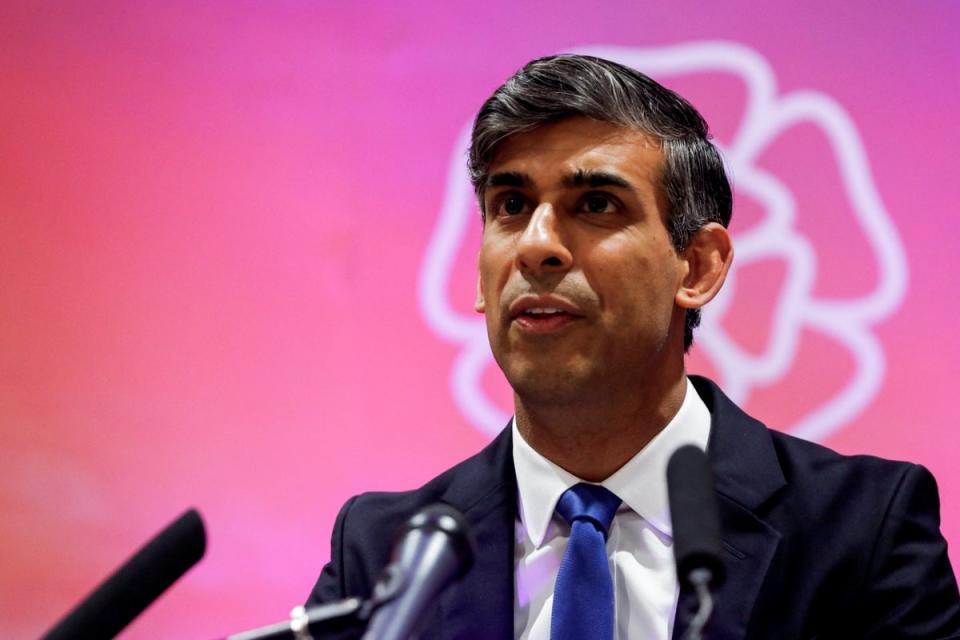The prospect of hundreds of thousands of voters suffering a steep rise in their mortgage bills drove Rishi Sunak’s decision to call a snap general election.
The former prime minister feared the wrath of homeowners forced to pay an average of £240 more a month.
Households would have to pay even more eye-watering sums in many of the so-called “blue wall” Conservative seats in the south of England Mr Sunak was desperate to save.
But the early poll failed to avoid disaster– as the Tories crashed to the worst general election defeat in their history.

A former No 10 insider said that when looking at the idea of an autumn election, the problem was mortgages and the reality that every month an extra 130,000 people would be moved on to a worse rate.
Although inflation was coming down, they added, ministers could hardly tell homeowners it was ok that their mortgage rate had gone from 1.5 % to 4.5%, because it could have been 5%.
The Conservative leader shocked even his own MPs when he called an election for 4 July.
The then prime minister had said for months the vote would be in the second half of the year.
He even used an appearance on ITV’s Loose Women to say people’s summer holidays would not be affected.
But in an unexpected change of heart he stunned Westminster by using the last possible day to announce an early summer poll.
The decision left many of his own MPs seething – and warning they did not have enough time to build up a large enough local war chest to fight a winnable campaign.

An extra 100,000 families were stung by a mortgage hike between the vote being called and polling day, this newspaper also revealed.
Official figures show more than 3,300 households a day saw their payments rise rise significantly before 4 July.
The average homeowner had to fork out £240 a month more, or nearly £3,000 a year, the House of Commons library calculated.
The Liberal Democrats, who obtained the figures last month, said Mr Sunak faced a “blue wall reckoning”.
Despite falls in inflation, the Bank of England maintained interest rates at 5.25 per cent earlier this year.
Experts have warned that millions of households across the country are struggling with huge mortgage bills after the average two-year fixed rate jumped to more than 6 per cent, although it has since fallen.
Official figures also recently showed that mortgage possession claims hit a five-year high at the start of this year in the aftermath of former prime minister Liz Truss’s disastrous mini-budget. They soared by more than a quarter in just three months and are now at their highest level since 2019.
In April Ms Truss refused to apologise for the leap in mortgage rates which occurred in the wake of her short-lived premiership.
EMEA Tribune is not involved in this news article, it is taken from our partners and or from the News Agencies. Copyright and Credit go to the News Agencies, email news@emeatribune.com Follow our WhatsApp verified Channel





